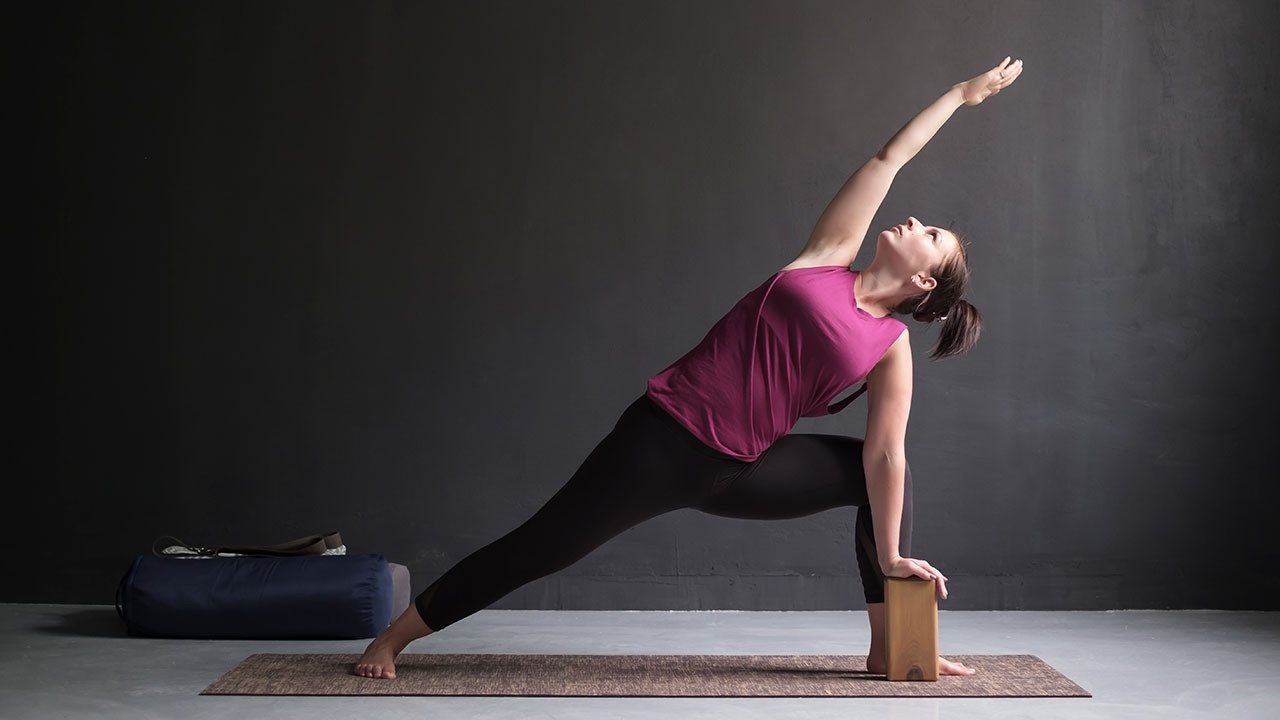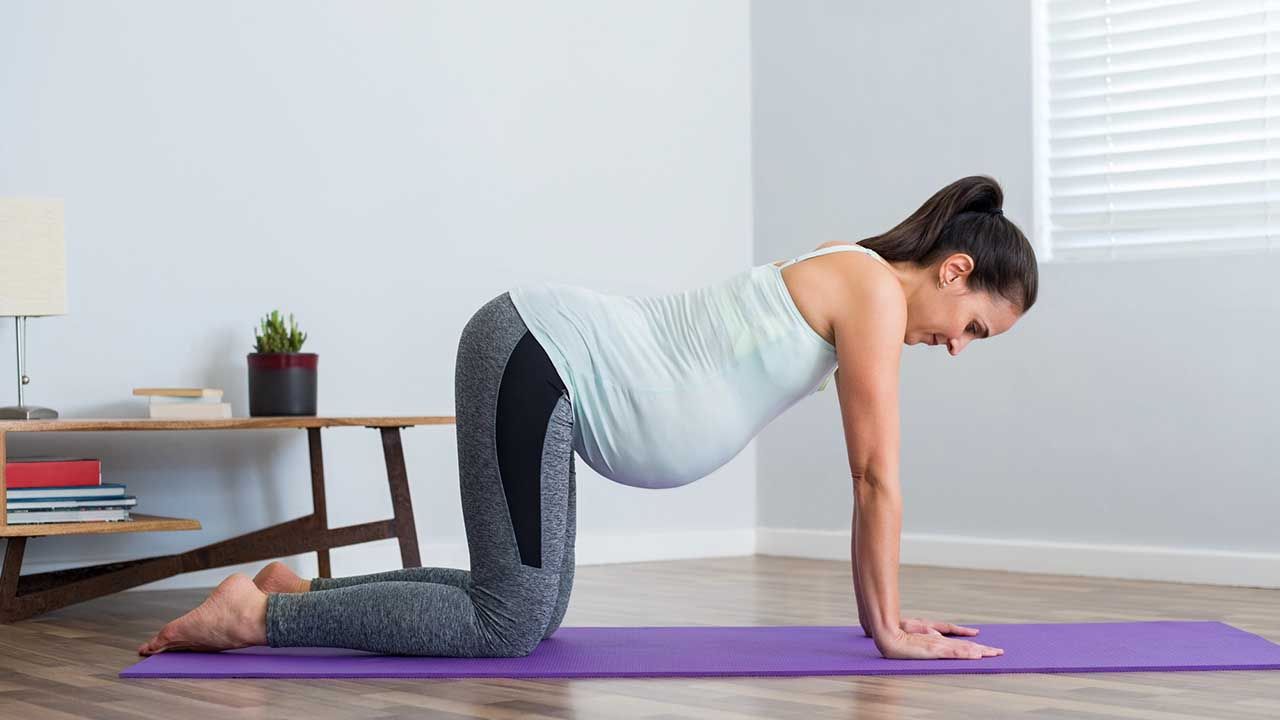Enhance Your Practice With Yoga Props

Want to enhance your yoga practice with props but not sure where to begin? Here's a quick guide to help you build a basic collection of them.
Why use props?
Some people feel like using props during their yoga practice feels like 'cheating', but that's definitely not the case! Props can help you to be more comfortable during meditation, restorative poses or pranayama/breathing practices. They can also add stability and support during certain poses or prop you up, allowing you to soften further into a stretch.
What's a basic set of props?
You don't need props to do yoga, but as we've mentioned there are a lot of benefits if you do decide to add them into the mix. Read on for some basic props that can enhance your practice.
A bolster ($80+)
Bolsters are basically cylindrical pillows that can vary in size, shape and filling. Common fillers include kapok (a firm natural fibre), wool, or buckwheat - which one you pick is really down to preference for firmness and how it shapes around your body.
Examples for use: Placing under your thighs for extra comfort in Svasana, additional support in almost every restorative yoga pose, using as an incline seat placed on top of two yoga blocks for a more elevated version of Svasasna - great for pregnancy yoga.
A strap (around $20)
Straps come in varying lengths and can be used for many purposes. Your typical standard strap is around 2 metres long and will have a D-ring to loop and secure it.
Examples for use: Loop around your knees in Supta Baddha Konasana to support the outer legs and avoid overstretching the groin. Loop around your foot in Supta Padangusthasana to help soften into the pose, create a smaller loop around your arms in wall-assisted handstands for distance reference.
A blanket ($100+)
Yoga blankets are typically made from thick, heavy wool or cotton. They're usually quite pricey because of this as well as the quality (if you've ever used one, you'll know why!), but if you're not keen on making this investment you can substitute for any other thick or folded blanket.
Examples for use: Sitting on the edge of a folded blanket in poses such as Sukhasana/Crossed legs or Dandasana tilts your pelvis forward allowing you to sit taller and more comfortably, covering your body to stay warm in Svasana or other restorative poses, rolling into a 'sausage' to weave over your feet and under the outsides of your legs in Supta Baddha Konasana to avoid overstretching the groin.
Yoga blocks ($5+)
You'll need two of them, and their price typically depends on what they're made from. The cheapest blocks are made of firm foam and are lightweight so easily portable if you need to carry them around. You can get much pricier, harder blocks made from cork or wood, which can provide extra support and stability but are heavy to transport. You can also get slim blocks, however, you're more likely to get better use out of ones that are standard width.
Examples for use: Lifting out of Warrior III to prevent collapsing into it, propping under your sitbones in Gomukhasana to help with posture, placing between hands in Pincha Mayurasana to set the distance, placing between your thighs in Utkatasana to add extra stability for the lower body and core muscles.
Other props
If you're keen to explore beyond these, there's a huge range of props available on the market from bolsters of different shapes and fillers, to eye pillows for using in Svasana, to straps that vary in length and elasticity, to slings for aerial yoga. Get as creative as you like with your yoga practice and use props to continue adding challenge, support and variety.
Image / DepositPhotos









